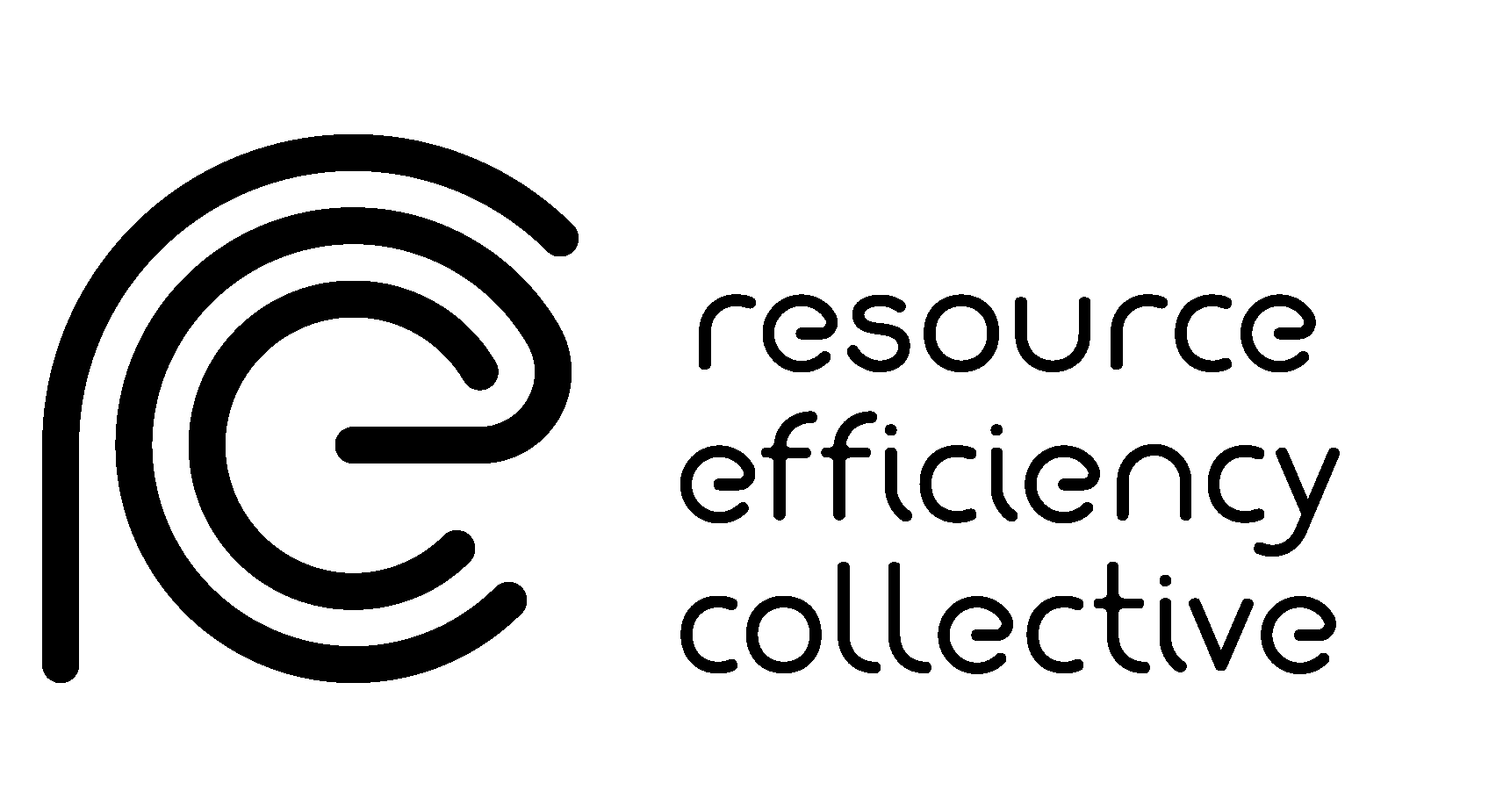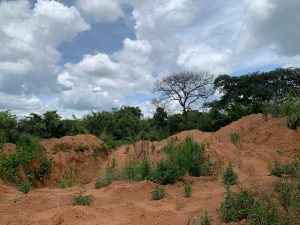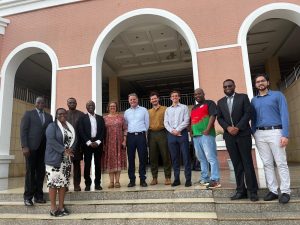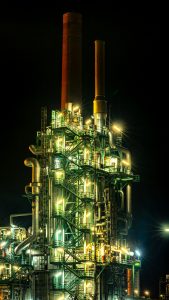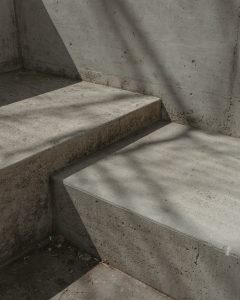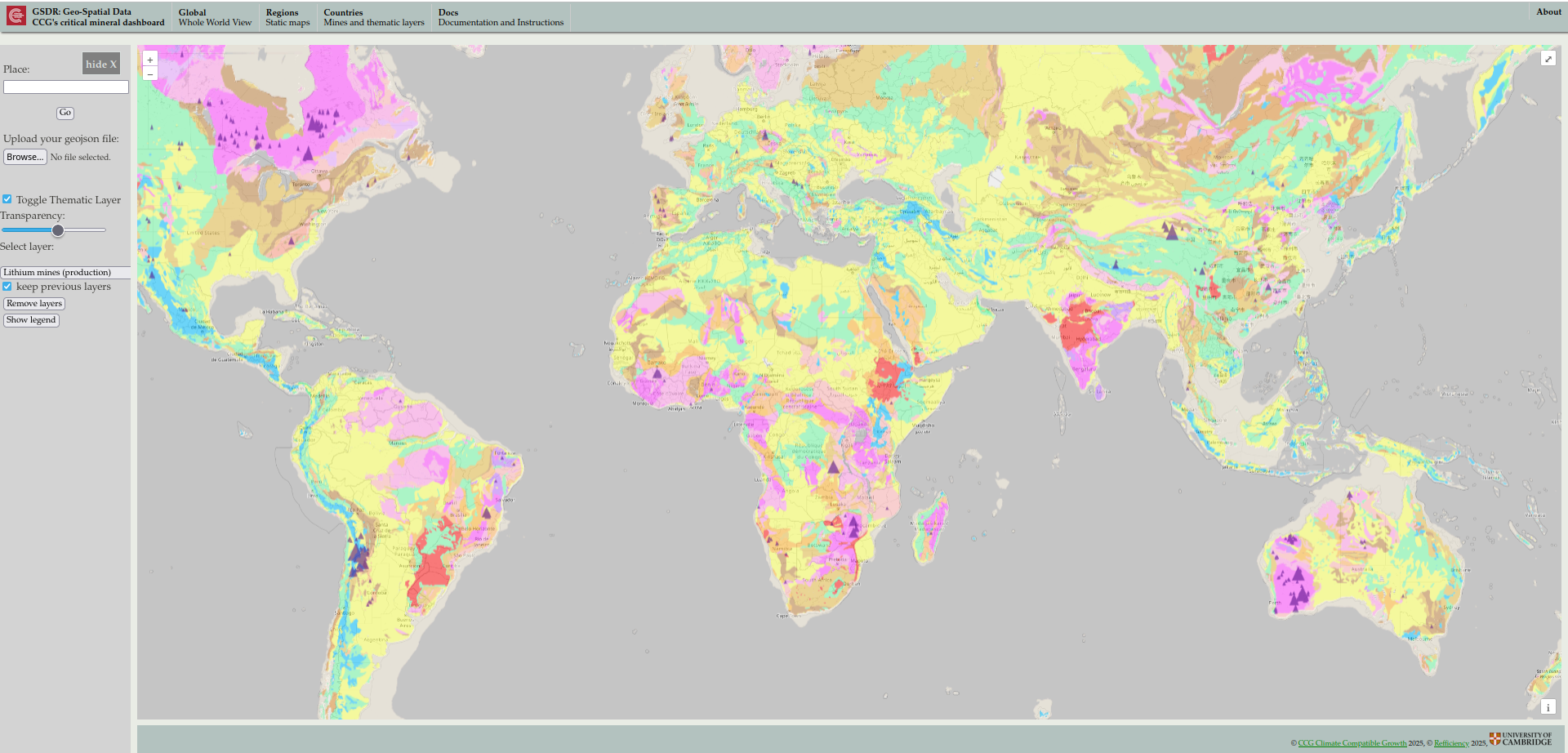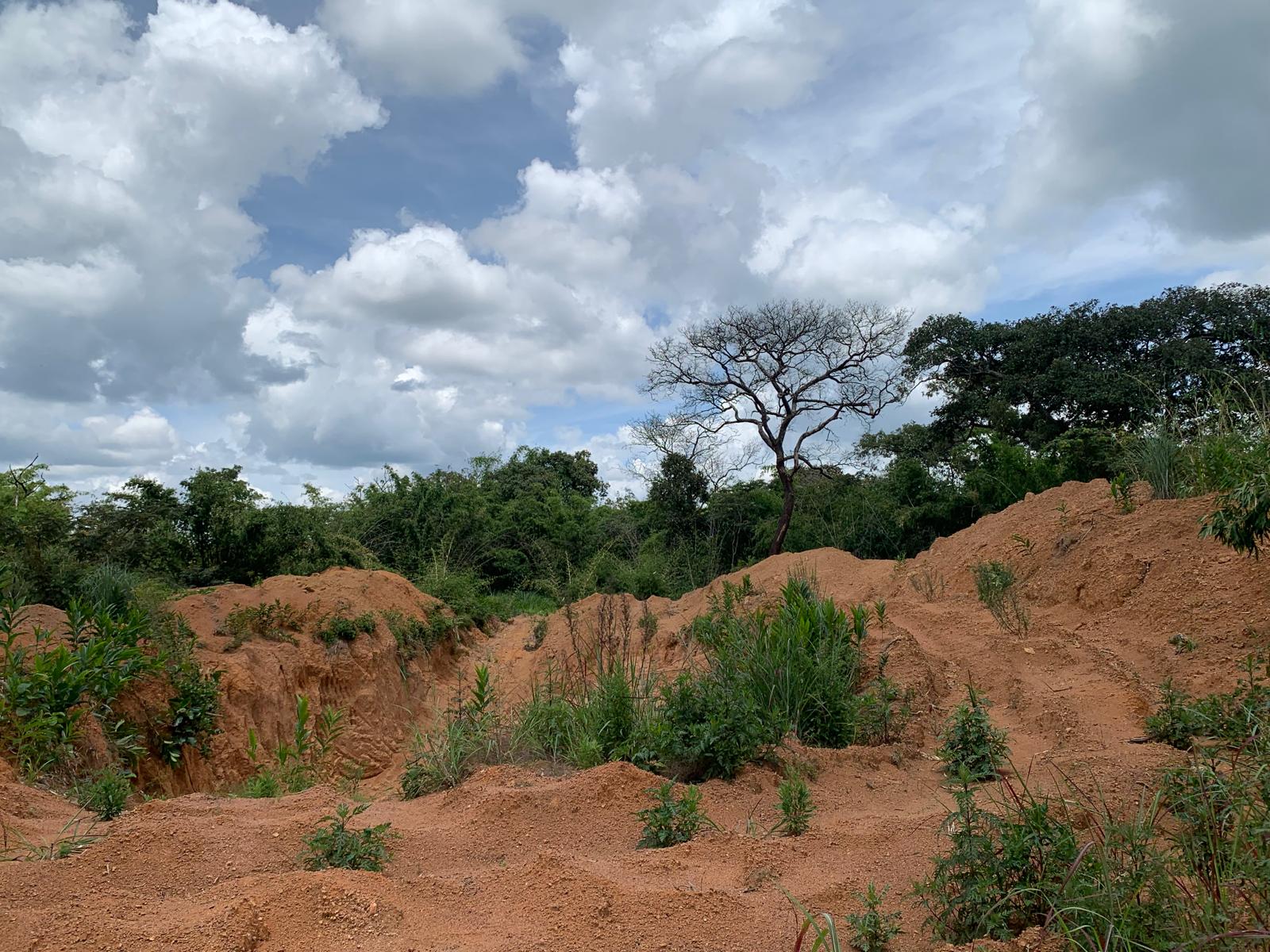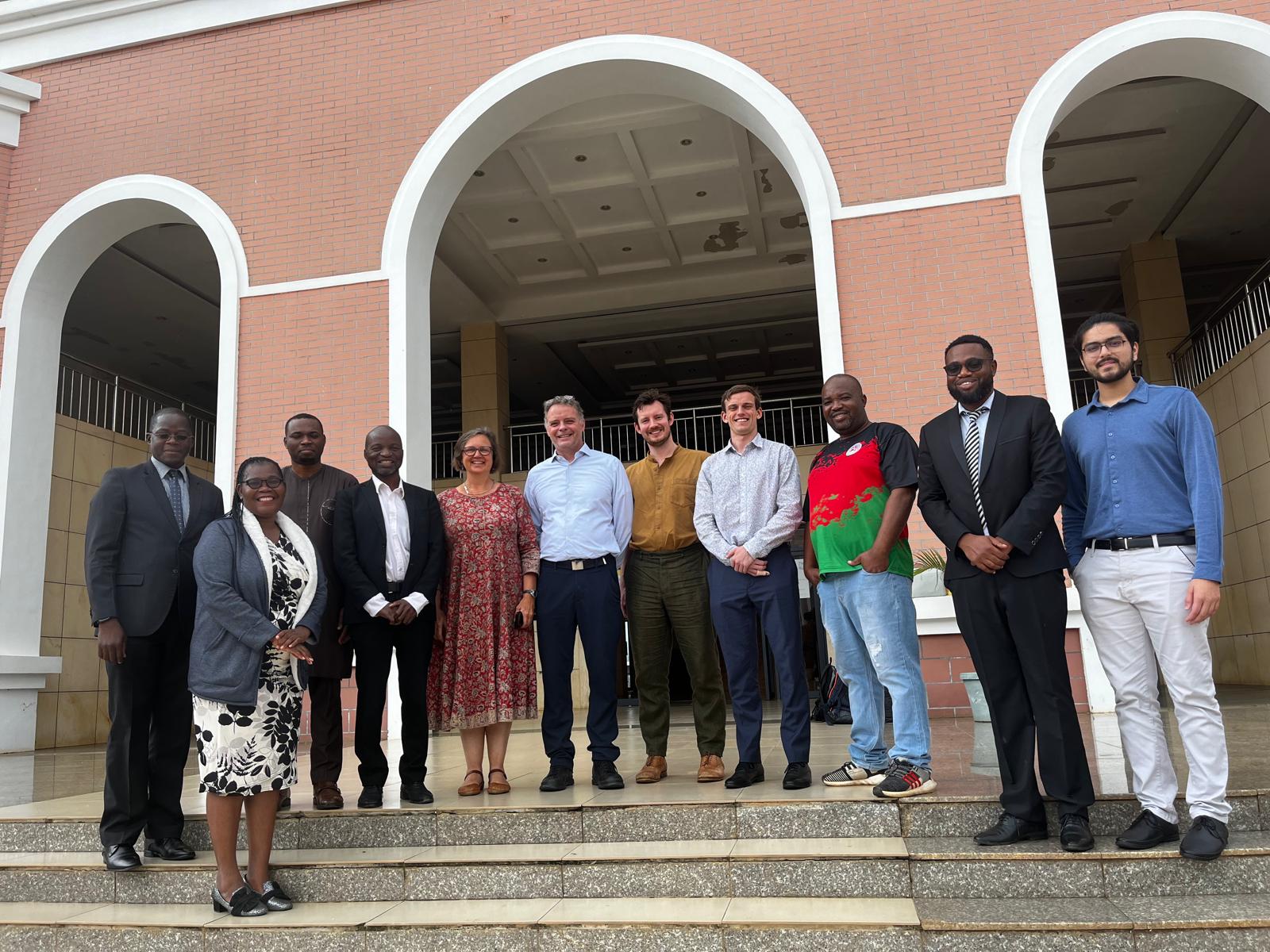Reflections on the ACS Colloid and Surface Science Symposium
The 97th ACS Colloid and Surface Science Symposium took place on June 4-7, 2023 in Raleigh, a vibrant city of North Carolina, United States (US). The conference brought me the opportunities to not only share my own research findings, but also to learn what is happening in the broader scientific area, connect with new colleagues and visit the North Carolina State University.
The event brought together world-class researchers and industry practitioners, featuring more than 400 oral and poster presentations, to discuss topics including: biomaterial and biotechnology, pharmaceuticals, additive manufacturing, fundamental material phenomenon, predictive material modelling, and nanotechnology for sustainability. In addition to the presentation sessions, the conference arranged a display of research commercialisation as well as a banquet at the North Carolina Museum of Art, adding a finishing touch to the event.
In this conference, I presented the result obtained on sustainability assessment of lignocellulosic wastes for producing the biodegradable cellulose nanofibril (CNF) films. This research is a part of my current project, S2UPPlant, i.e. smart, sustainable plastic packaging from plants, aiming to produce biopolymers to replace petrochemical plastics. It is found that CNF extraction from lignocellulosic wastes, e.g. rape straw or wood chips, can reduce the production cost without expanding the agricultural emissions. Most of these low value feedstock options go to different applications, e.g., soil conditioning or production of heat and power, making their use in CNF films competitive. To move these waste materials from the current practices to CNF films, it becomes necessary to understand their sustainability. To that end, my research developed an approach for sustainability assessment combining mass flow analysis and optimisation. The proposed method is applied in the UK context by analysing data from statistics, literature, and expert interviews. The study identifies that the UK currently generates 18.04 mega tonnes (Mt) of lignocellulosic wastes, though 11.6 Mt of this is found sustainable to divert to CNF film production.
In addition to the conference, I received an invite to visit the North Carolina State University. I explored their lignocellulosic biomaterial laboratories, learnt about their research, and performed a seminar, presenting my work to the students and faculty members. The experience and the feedback I received helped to refine my current work and anticipate future steps.
In conclusion, the ACS Symposium and the overall trip offered an intellectually exhilarating experience for presenting and discussing ideas, meeting new experts in the field, and recharging my inspiration. I would like to thank Professor Jonathan Cullen and Cambridge Engineering for their support to make this trip worthwhile.
Image credit: Alex Perri
